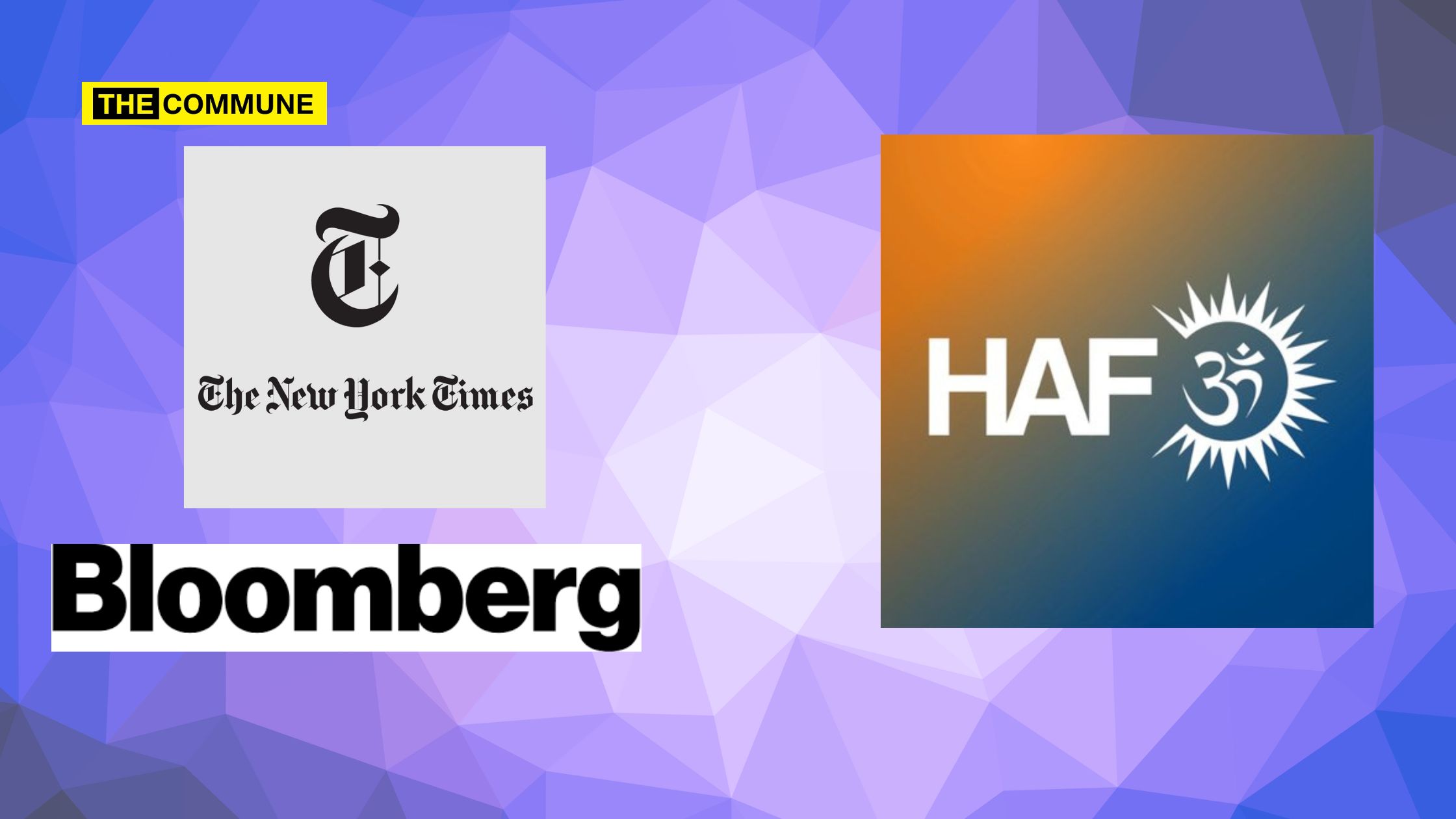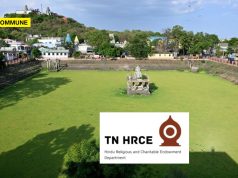
The Hindu American Foundation (HAF) has accused major media outlets, including The New York Times and Bloomberg, of suppressing coverage of a study by the Network Contagion Research Institute (NCRI) and Rutgers University that exposes caste-based Diversity, Equity, and Inclusion (DEI) training programs may exacerbate anti-Hindu hate instead of mitigating caste bias.
The research highlights that such programs, particularly those offered by the South Asian Dalit organization Equality Labs, may inadvertently worsen anti-Hindu discrimination and hate rather than mitigate caste bias as intended.
Study Findings
According to the study, participants exposed to Equality Labs’ anti-caste training materials were more likely to adopt dehumanizing rhetoric, especially against individuals identified as Brahmins. The study noted a significant increase in participants using terms like “parasites,” “virus,” or “devil personified” when the term “Jew” was substituted with “Brahmin” in the training materials.

The research also involved a control group that received neutral academic teaching on the concepts of varna and jati. Participants subjected to Equality Labs’ training were found to be 30% more likely to perceive bias and harm in scenarios where none existed.

“The evidence is clear: instead of combating bias, caste DEI trainings offered by caste activists like Equality Labs worsen racial suspicion, anti-Hindu hate, and could engender ‘punitive retribution,’” HAF stated.
Allegations Against Media Outlets
HAF stated that The New York Times initially planned to publish an article on the study and had even set a release date but later shelved it without explanation. Bloomberg also reportedly scrapped its coverage of the research, allegedly due to editorial biases favoring DEI initiatives.
#Breaking | HAF has independently confirmed that @nytimes killed a news story affecting the Hindu American community. 🧵
A breakthrough @ncri_io @RutgersU study shows that DEI corporate & college #caste trainings offered by @EqualityLabs do exactly opposite what the are… https://t.co/jNS3DQsMiz
— Hindu American Foundation (@HinduAmerican) November 25, 2024
Evolutionary biologist Colin Wright, who published an analysis of the study, criticized The New York Times for its inconsistency. He pointed out that the newspaper had previously cited NCRI research in over 20 articles without requiring peer reviews but insisted on peer review for this specific study as a reason to delay publication.
Bloomberg, according to Wright, dismissed the story outright, with allegations that internal editorial sympathies for DEI programs influenced the decision.
HAF has called on both The New York Times and Bloomberg to publish the findings, arguing that the suppression of such critical information has far-reaching implications for the Hindu-American community. “To refuse to cover this case-control study is to censor critical information,” HAF stated, urging greater transparency.
We call on @nytimes @business to do the right thing and run the coverage of this landmark study as was planned.
To refuse to cover this case control study is to censor critical information that has immense repercussions for the #HinduAmerican community.
— Hindu American Foundation (@HinduAmerican) November 25, 2024
The findings and their alleged suppression raise two significant concerns. First, the DEI training programs designed to address caste discrimination may inadvertently foster anti-Hindu bias and deepen social divides. Second, the media’s reluctance to cover a study involving a prestigious university has sparked debate over journalistic integrity and the role of media in holding diversity initiatives accountable.
(With inputs from India Today)
Subscribe to our channels on Telegram, WhatsApp, and Instagram and get the best stories of the day delivered to you personally.




